The Faculty of Agriculture has received a delegation from the United Nations World Food Programme (WFP) as part of an ongoing collaboration to transform agricultural education through hands-on training and innovation.
The visit forms part of the Bridge Programme, spearheaded by WFP to strengthen practical learning among students pursuing agricultural programmes across Ghana.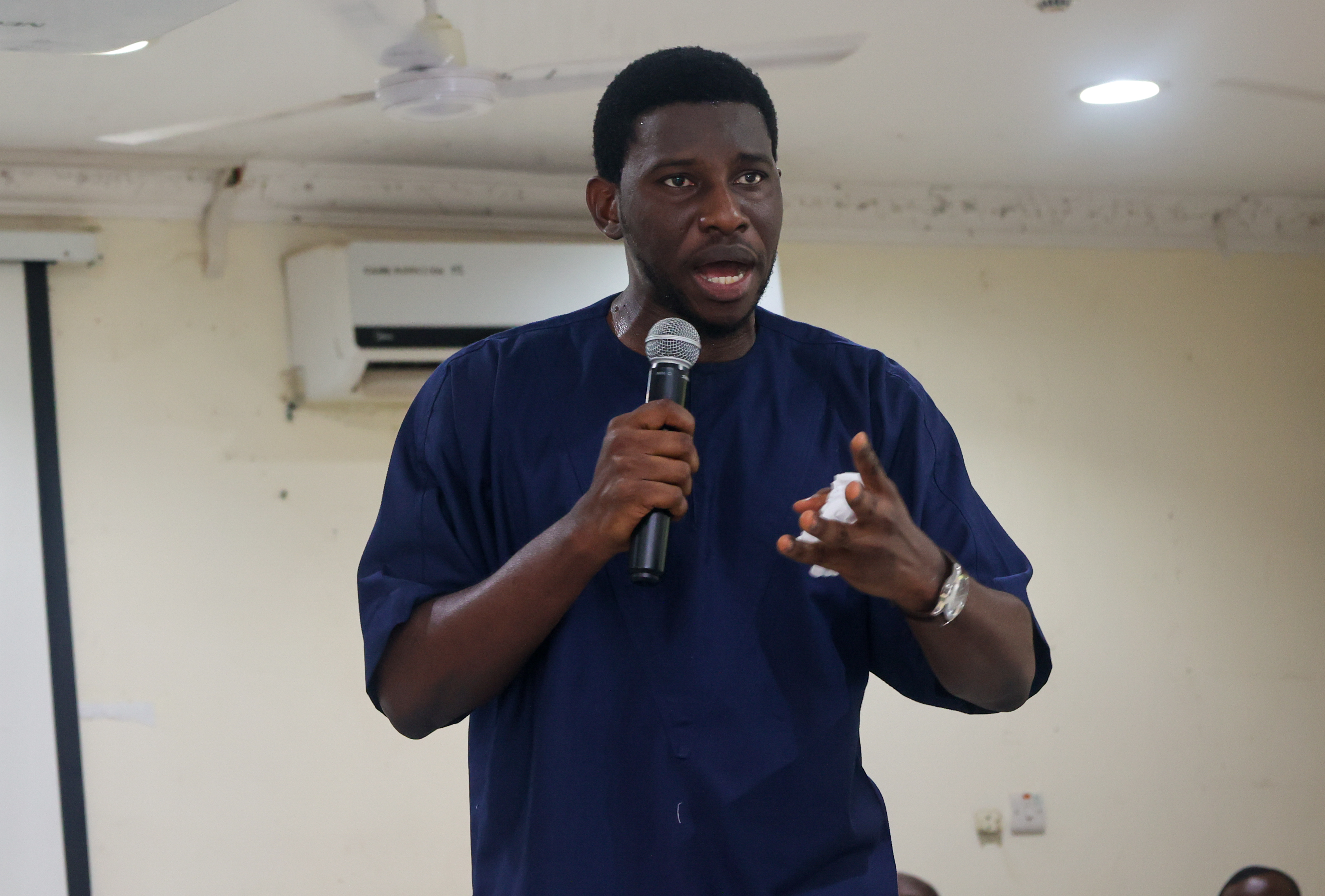 The delegation, led by Steven Nhyira Odarteifio, Head of Food Systems at WFP, engaged students across various year groups in a series of interactive sessions.
The delegation, led by Steven Nhyira Odarteifio, Head of Food Systems at WFP, engaged students across various year groups in a series of interactive sessions.
The team’s arrival builds on previous support that included the donation of post-harvest equipment such as a tractor and hand-held tools, aimed at enriching practical training in post-harvest management.
This engagement, however, goes beyond the provision of equipment; it serves to evaluate student readiness and introduce them to the larger vision of the WFP’s initiatives.
“We wanted to meet the students personally to assess their enthusiasm and capacity, and to also share our experiences and give an overview of the project,” Mr. Odarteifio explained.
“We are not just delivering equipment; we are building a system where students become key drivers of innovation and effective post-harvest management.”
During the engagements, he shared personal insights from his career in food systems and development, encouraging students to cultivate strong work ethics, adopt a spirit of innovation, and embrace lifelong learning, key qualities to thrive in Ghana’s agribusiness space.
Mr. Odarteifio revealed that the World Food Programme will introduce an Agribusiness Policy Programme to educate students on macroeconomic issues, establish an Agribusiness Fund to support scalable student-led innovations, and launch the first Ghana Maths and Science Quiz for Agriculture and Agribusiness later this year.
The Project Coordinator, Prof. Robert Aidoo, expressed enthusiasm about the future impact of the collaboration.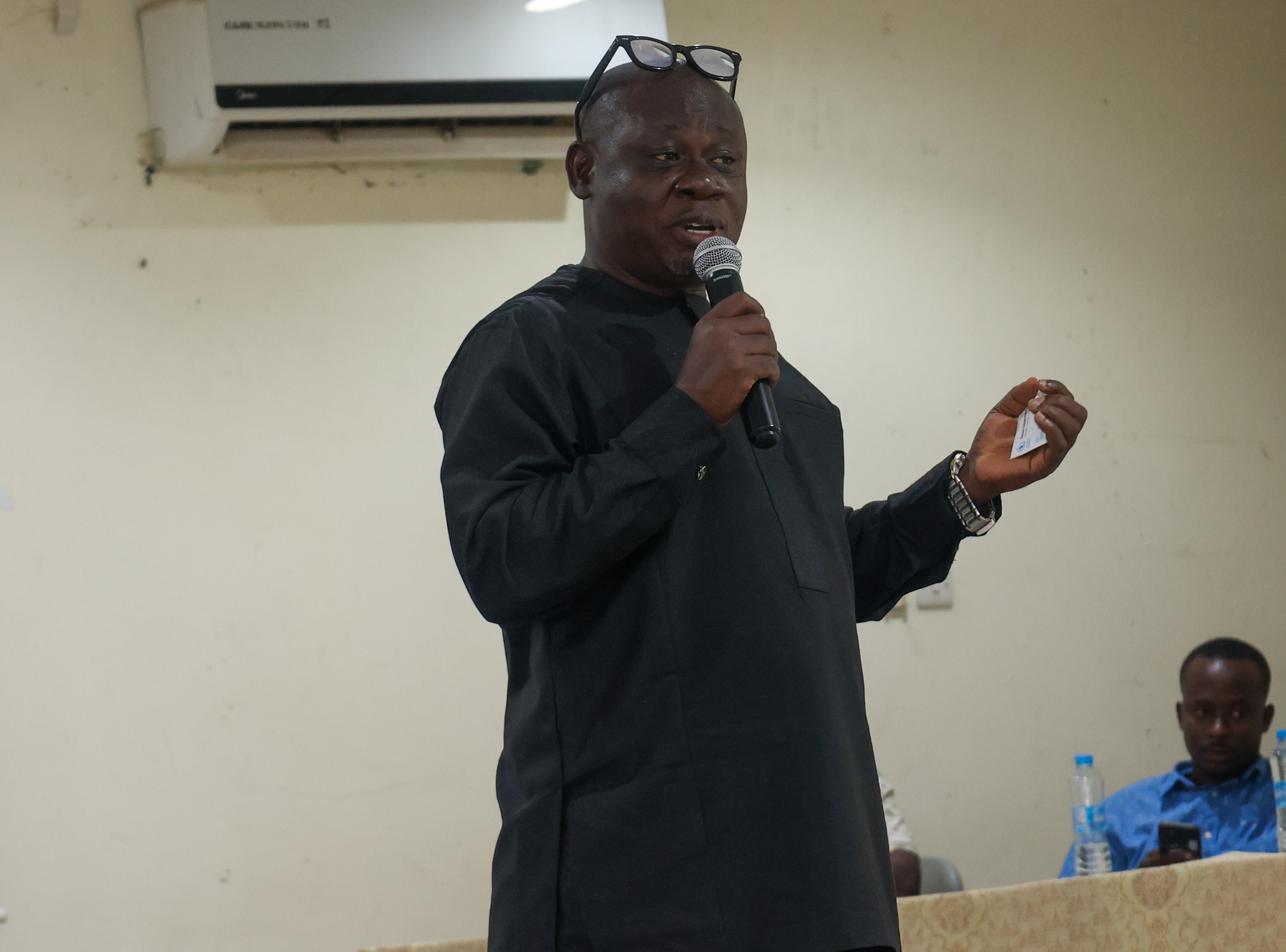
“After this, we will use the tools that they have given us to provide students with hands-on training in post-harvest management,” he said.
“Though the WFP team will return later to train our technicians on equipment maintenance, this initial engagement sets the foundation for a much broader and long-term impact on agricultural training at the university,” he added.
The engagement will continue on Monday, where all student year groups will converge for a final interactive session.
Also present at the meeting was Prof. Joseph Oppong Akowuah, who emphasized the importance of such collaborations in bridging the gap between academic training and real-world agricultural practices.

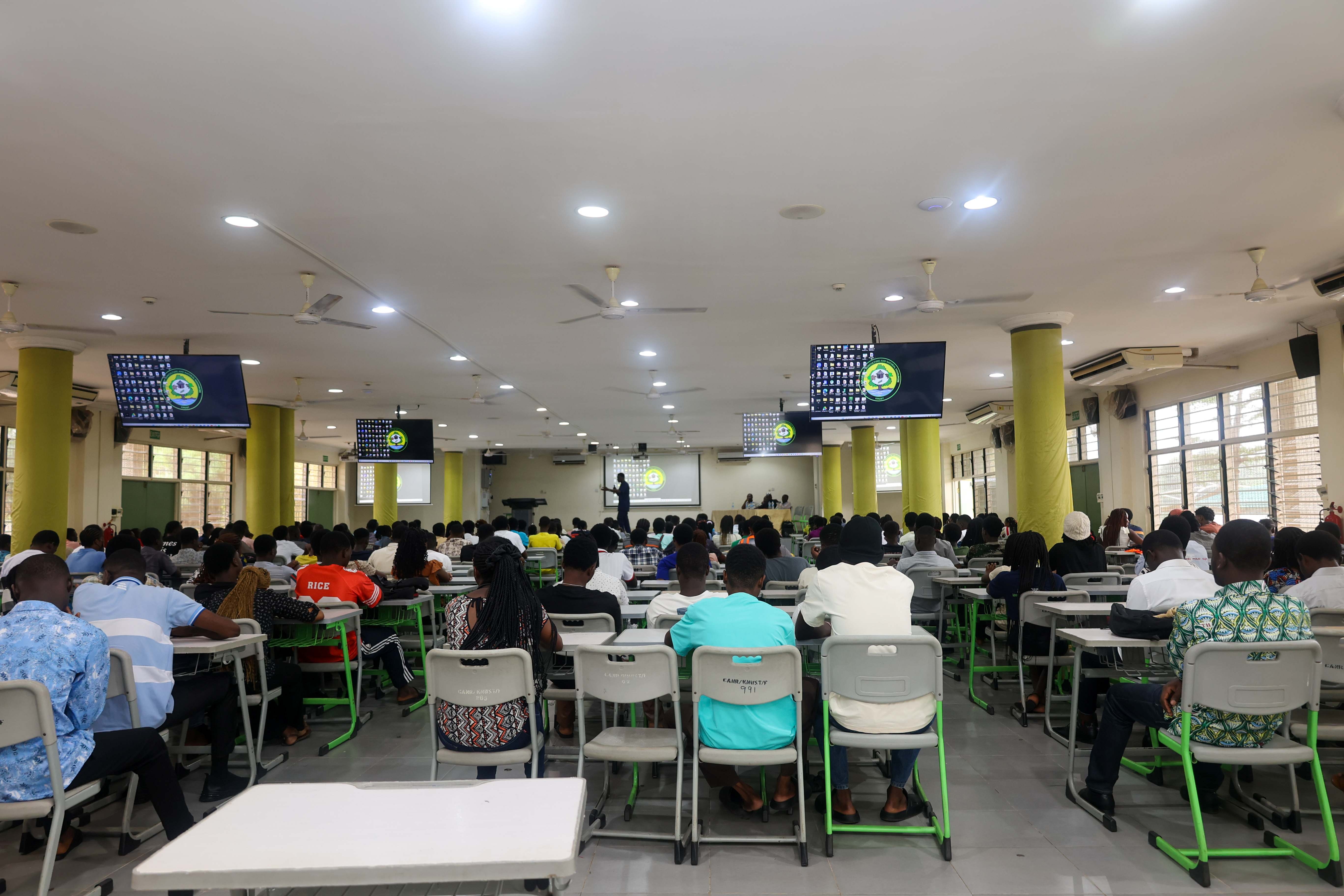
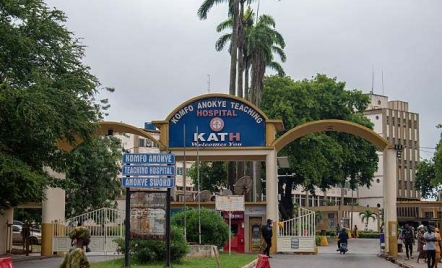
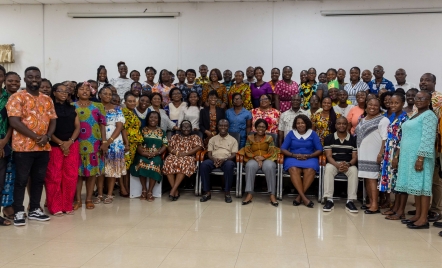
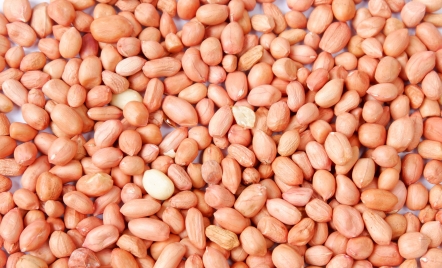
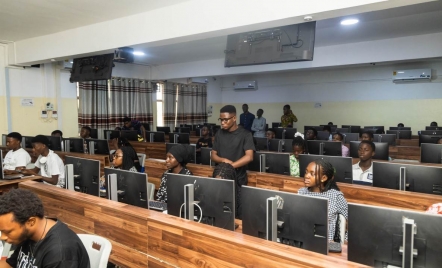
Comments